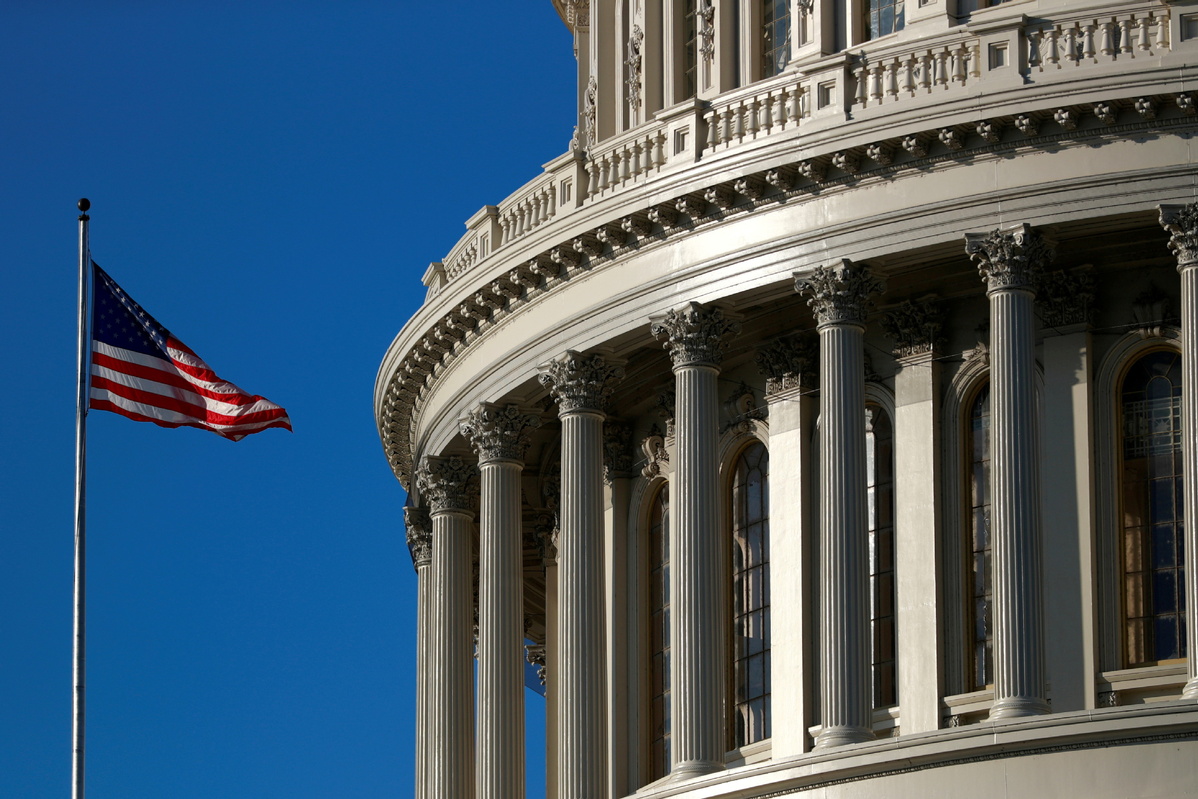US Supreme Court to review use of race in college admissions
By LIA ZHU in San Francisco | chinadaily.com.cn | Updated: 2022-01-25 12:16

The US Supreme Court's decision to hear the challenge to race-conscious programs at Harvard University and the University of North Carolina revives a controversial debate over affirmative action in the country.
The court announced on Monday that it will decide whether the use of race in the two universities' admissions process is constitutional. The two separate cases were filed by an anti-affirmative action group called Students for Fair Admissions (SFFA).
The group, formed by conservative legal activist Edward Blum, sued Harvard in 2014, accusing it of discriminating against Asian American applicants by holding them to a higher standard in admissions. An appellate court in November 2020 dismissed SFFA's claim, saying it wasn't supported by statistical evidence.
In the North Carolina case, the group made similar accusations, saying the university disadvantaged Asian American and white students by enhancing the prospects of black and Hispanic applicants. A federal district court ruled in favor of the university in October.
The group filed an appeal at both an appeals court in Richmond, Virginia, and at the Supreme Court. The appeals court has not yet ruled.
The SFFA alleged that Harvard, a private entity, must comply with a federal statute that bans race discrimination as a condition of receiving federal money. It argued that the University of North Carolina, as a public university, violated the 14th Amendment's guarantee of equal treatment under the law.
"The Supreme Court decision to review the unanimous decisions of the lower federal courts puts at risk 40 years of legal precedent granting colleges and universities the freedom and flexibility to create diverse campus communities," said Harvard University President Lawrence Bacow. He said Harvard will "vigorously" defend its admissions practices.
The University of North Carolina also responded that its admissions policies fostered educational diversity and were lawful under longstanding Supreme Court precedents.
The past Supreme Court decisions allow universities to consider race as one factor in their admissions process. The court has ruled that schools have an interest in promoting a diverse student body.
Most recently, the Supreme Court upheld the use of racial preferences in admissions at the University of Texas at Austin in 2016, asserting "considerable deference is owed to a university" that wants to promote student body diversity.
Despite the Supreme Court's repeatedly upheld race-conscious programs, such programs are expected to meet skepticism as the recent changes in the court's membership have made it more conservative. Three new justices were appointed by former president Donald Trump after the 2016 ruling.
If the court ruled against the racial preferences in higher education, analysts said the number of black and Latino students at US high education institutions would be reduced.
Monday's decision "seriously threatens the nation's ideals of equality", said Sherrilyn Ifill, president and director-counsel at the NAACP Legal Defense and Educational Fund. "The Court's decision today comes amidst the backdrop of widespread efforts to erase and deny the experiences of people of color," she said in a statement.
The Supreme Court invited the Biden administration to submit a brief for the Harvard case. The administration argued against hearing the case in paperwork filed in early December and urged the court to abide by its past affirmative action decisions.
In contrast, the Trump administration had tried to discourage affirmative action policies and pushed against universities that consider race in admissions.
The Trump administration filed an amicus brief in support of the SFFA in February 2020, saying that "Harvard's expansive use of race in its admissions process violates federal civil-rights law and Supreme Court precedent".
The Justice Department under Trump also opened an investigation into Yale University's use of race in undergraduate admissions in 2018. The department sued Yale in October 2020, alleging it rejected "scores of Asian American and white applicants each year based on their race". The Biden administration dropped the lawsuit in February 2021.
























